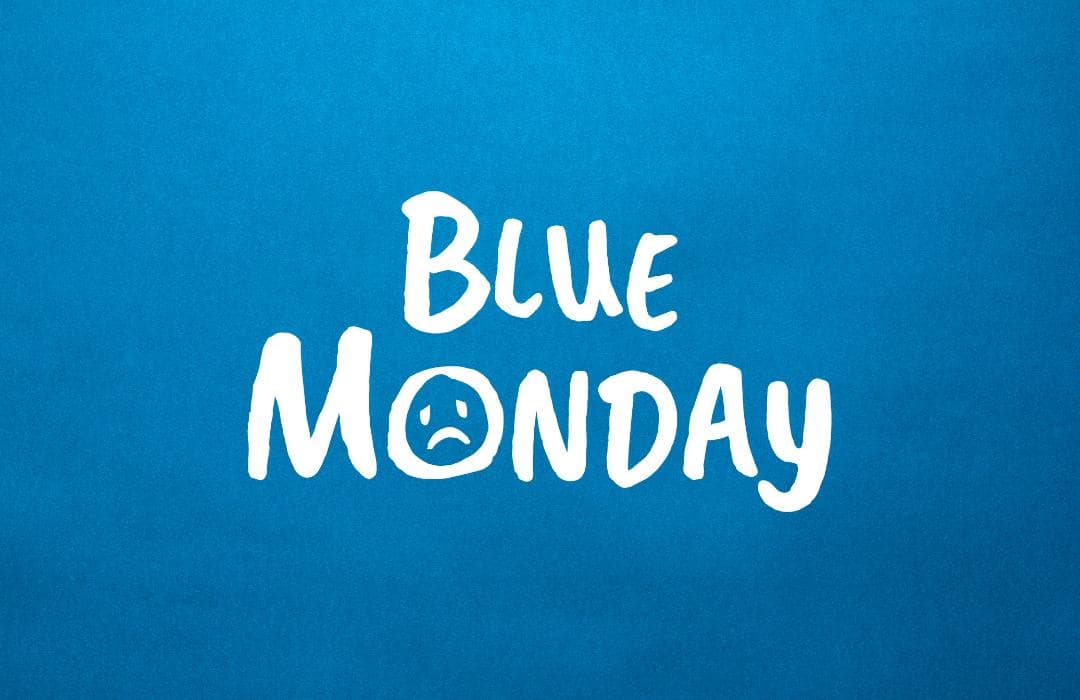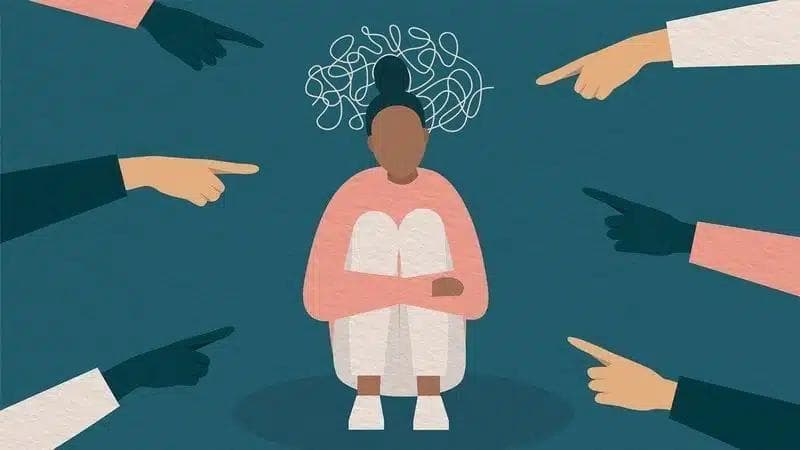...
...
...
...
...

An exploration of Blue Monday and how we can use it to boost our mental health and wellbeing

Lou Obi-Drake
Jan 16th, 2023
Is there any evidence that 'Blue Monday' is the most ‘depressing’ day of the year?
If there was a most ‘depressing’ day of the year, it would be a great time to talk about mental health and wellbeing.
Let's explore whether Blue Monday has any scientific weighting in the mental health and wellbeing community.
What is Blue Monday?
'Blue Monday' is a term that describes a day in January (typically the third Monday of the month) that is claimed to be the most depressing day of the year. Traced back to a press release in 2005 by a travel company, could it just be a genius marketing idea?
The description of the day comes with a scientific-looking formula calculated to consider factors such as weather, debt levels, and the time since the festive holidays. However, the idea that there is a specific day that is more depressing than any other has been widely criticised by experts as unscientific.
So unable to find any scientific weighting, I am curious as to why it has captured our imagination as a concept.
What is so bad about January?
January, is often associated with ‘feelings of depression’ (not clinically diagnosed depression) for a variety of reasons. The holiday season has ended, we are post-party and socialising with loved ones (hence the collective Dry January drive). The weather is often cold and dreary in many parts of the world (hello UK!). Additionally, for many people, the beginning of a new year can bring feelings of pressure and stress as they set new goals and resolutions. And if that wasn't enough, some people may experience SAD (Seasonal Affective Disorder), a type of depression related to the change of seasons and shorter daylight hours.
Any one of those could negatively impact our mental health and wellbeing, so although not scientific, maybe we all feel a connection to the idea of ‘Blue Monday’ for valid reasons.
(Note that the experience of depression or depressive feelings can vary greatly from person to person, and not everyone will feel depressed in January!)
If Blue Monday was a real phenomenon, what could we do about it?
So imagine for a moment that Blue Monday is a real thing. How could you use it to help improve your mental health and wellbeing?
Here are some tried and tested tips for positively boosting your mental health and wellbeing:
If Blue Monday was a collective experience and we wanted to support one another, what could we do?
It's important to remember that depression is a serious condition and that professional help is often necessary for recovery. Encourage loved ones to seek help from a mental health professional, and offer to assist them in finding the right resources.
Let’s boost wellbeing on Blue Monday!
So, although there is no scientific evidence for the ‘most depressing day of the year’ let’s jump on the marketing genius and commandeer it as a day to positively focus on mental health and wellbeing.
What could you do on Monday 16th January 2023, to boost your wellbeing and start some positive mental health and wellbeing habits?
I am going to set two realistic goals. One, getting outside come rain or shine and two, connecting with a colleague over coffee on Monday.
If you want to use Blue Monday to support the mental health and wellbeing of those around you, sign up for our workshop on Wednesday, 18th January, focused on signposting and supporting others.

Living with Social Anxiety: Practical Advice for Everyday Life
Keeva Galway
Aug 5th, 2024
Exploring different types of movement for wellbeing: indoors, outdoors, solo, or social.
Mollie Drew
Aug 19th, 2025

This January, Let’s Prioritize Our Mental Well-being
Keeva Galway
Jan 6th, 2025